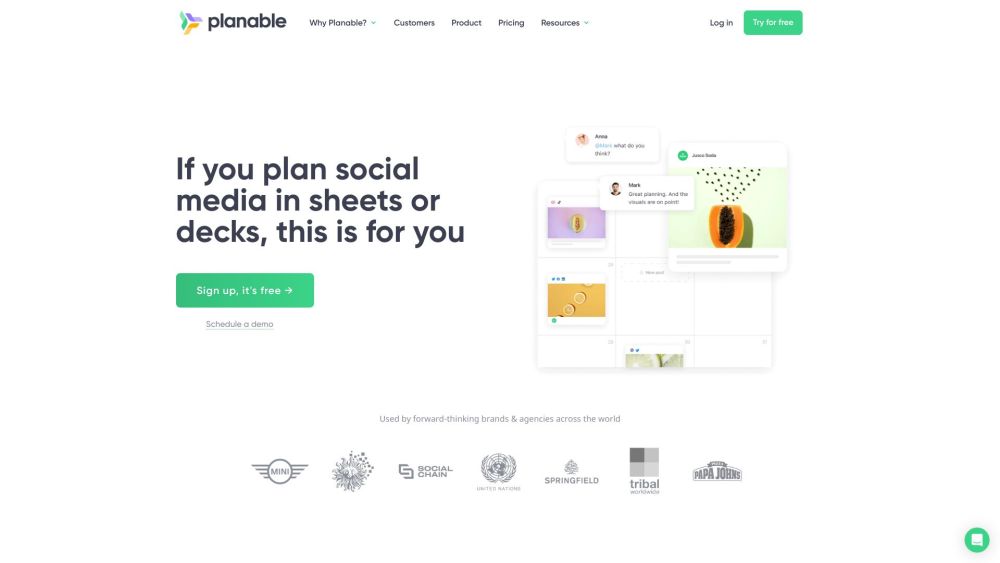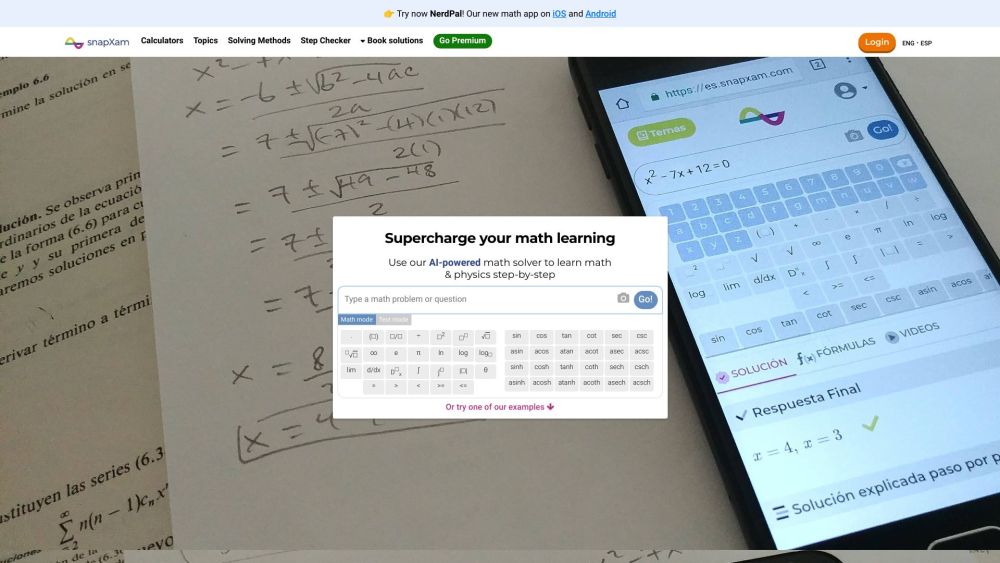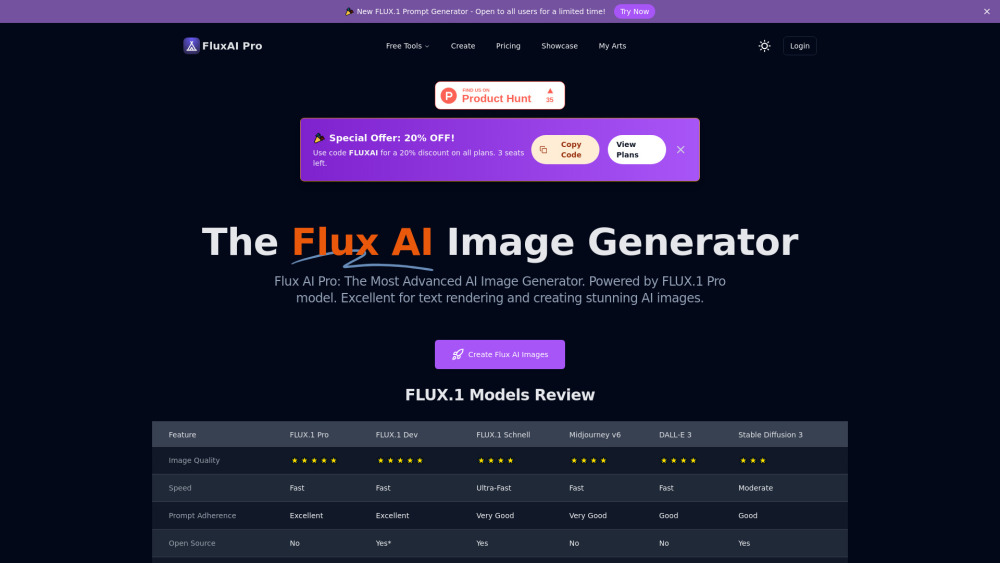The ongoing rivalry between Elon Musk and Sam Altman over the future of generative AI has sparked significant discussion, not just about the technology itself, but about the financial rewards it's bringing to engineers working at their respective companies. A recent Business Insider report sheds light on how both Musk’s xAI and Altman’s OpenAI are offering substantially higher-than-average salaries to lure top talent into the AI sector.
High Stakes, High Salaries
According to the report, both xAI and OpenAI provide salaries that are well above the industry average—by 37% and 87%, respectively. xAI, with around 100 employees, offers annual compensation ranging from $250,000 to $500,000, with certain roles, such as principal machine learning engineers, earning nearly twice the standard salary. Meanwhile, OpenAI, which employs thousands of people, offers salaries ranging from $145,000 to $530,000.
This spike in salaries is a direct result of the ongoing AI boom, with other tech giants like Google and Meta also in fierce competition for AI experts. As demand for specialized talent increases, so too does the compensation, creating what many consider a "golden age" for engineers in the field.
A Personal and Professional Rivalry
The tension between Musk and Altman adds a personal dimension to the broader tech battle. Musk’s departure from OpenAI, following disagreements with its board, coincided with the company’s rise to global prominence. Since then, Musk has launched xAI, aiming to regain his foothold in the AI race, and introduced its chatbot Grok, which he hopes to integrate into X (formerly Twitter) as a way of recovering some of his $44 billion investment in the platform.
Musk’s ambitions extend beyond just competing with OpenAI. He has also filed a lawsuit to block OpenAI’s shift towards a for-profit model, arguing that this would betray the organization’s original mission to benefit the public. Ironically, court documents show that Musk himself had previously supported turning OpenAI into a for-profit entity, a strategy meant to make fundraising easier. Thus, the lawsuit appears less about preventing OpenAI’s transformation and more about slowing down its progress.
The Larger Implications of the AI Race
This fierce competition for talent and innovation underscores the broader implications of the AI race. As billions of dollars flood into AI research and development, demand for skilled engineers continues to soar. The influx of both capital and expertise is fueling rapid technological advancements, but it also raises important ethical concerns, as well as questions about the long-term impact on society.
A key takeaway from this situation is the need to balance innovation with ethical responsibility. While AI has the potential to drive significant positive change, it also presents challenges that must be handled with care. Both xAI and OpenAI will need to navigate these complexities, balancing the drive for technological breakthroughs with the necessity for ethical oversight.
Furthermore, the scramble for AI talent highlights the growing importance of training engineers not only in the technical aspects of AI but also in its ethical use. By ensuring that the next generation of AI developers is well-equipped to consider the societal implications of their work, companies can mitigate the risks associated with unchecked technological growth.
Conclusion: Navigating the Future of AI
In conclusion, while the feud between Musk and Altman has created substantial financial incentives for engineers, it also serves as a microcosm of the broader AI landscape. As the industry continues to evolve, the need for responsible innovation and thoughtful regulation will only grow. To ensure that AI delivers meaningful progress and benefits society at large, it will be crucial to strike a balance between technological advancement and ethical considerations. Through collaboration, rigorous training, and a commitment to responsibility, the AI sector can pave the way for a future that advances both technology and humanity.







